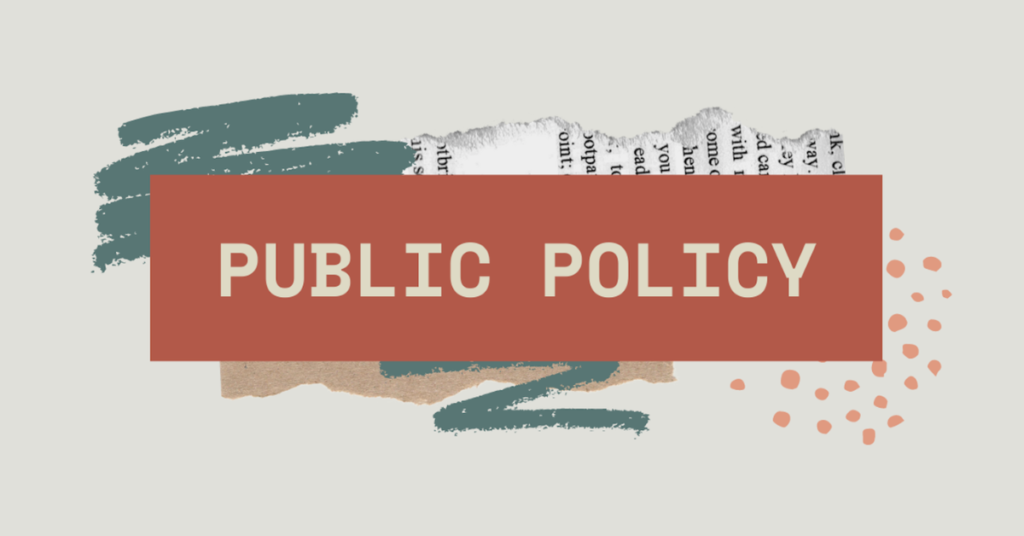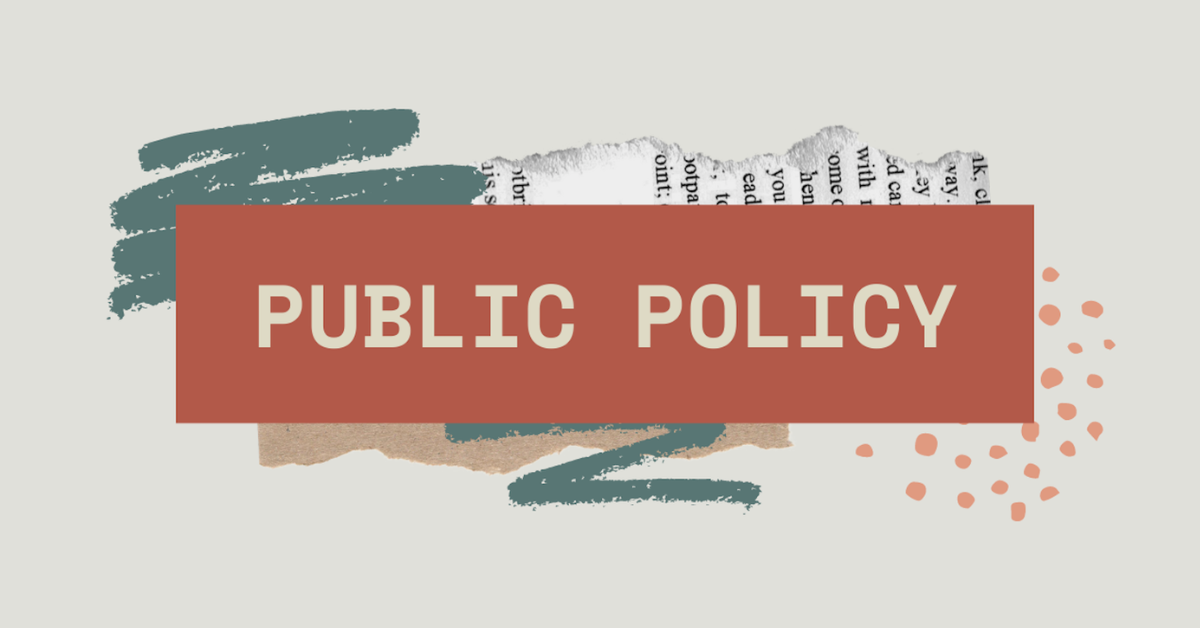Public policy plays a pivotal role in shaping societies, influencing how governments and organizations address pressing issues. As students increasingly seek to make a difference in their communities and the world, obtaining a degree in public policy becomes a critical step toward a rewarding career. This article provides an overview of the best universities for public policy, highlighting their distinctive features, educational offerings, and the unique advantages they provide aspiring policymakers.

Understanding the Importance of Public Policy Education
Studying public policy equips students with vital skills in research, analytical thinking, and problem-solving, enabling them to tackle societal challenges effectively. Graduates often find themselves in influential roles within government, non-profit organizations, think tanks, and private enterprises, where they contribute to decision-making processes that impact lives and communities. In an era of global change and uncertainty, well-trained professionals are essential for crafting effective policies that address issues ranging from climate change to social justice.
Key Factors for Choosing a Public Policy Program
When evaluating universities for public policy, several critical factors should be considered:
- Institutional Reputation: Universities with a strong academic reputation and specialized public policy programs often provide better career opportunities for graduates.
- Program Curriculum: A comprehensive curriculum covering quantitative analysis, economics, and policy evaluation is essential for a well-rounded education.
- Faculty Experience: Professors with practical experience and expertise in public policy can offer valuable insights and mentorship.
- Internship and Networking Opportunities: Programs that facilitate internships and connections to policymakers enhance the educational experience.
- Alumni Network: A strong alumni network can provide support and job placement opportunities for graduates.
Top Universities for Public Policy
Below is a selection of some of the most esteemed universities renowned for their exceptional public policy programs:
1. Harvard University – John F. Kennedy School of Government
The John F. Kennedy School of Government at Harvard University is consistently ranked among the best institutions for public policy education. It offers both a Master in Public Policy (MPP) and a Master in Public Administration (MPA).
Key Features:
- Prestigious Faculty: The school boasts a faculty composed of accomplished scholars and former policymakers who bring extensive real-world experience to the classroom.
- Interdisciplinary Approach: The curriculum integrates multiple disciplines, including economics, sociology, and political science, offering a well-rounded education.
- Global Reach: Graduates are well-positioned to take on leadership roles in various sectors around the globe, influencing policy at all levels.
2. Georgetown University – McCourt School of Public Policy
Georgetown’s McCourt School of Public Policy is known for its dedication to social justice and practical policy solutions. It offers a Master of Public Policy (MPP) and a Master of International Development Policy (MIDP).
Key Features:
- Strategic Location: Located in Washington, D.C., students have access to numerous government agencies, non-profits, and international organizations for internships and networking.
- Equity Focus: The curriculum emphasizes the importance of social equity in policymaking, preparing students to tackle systemic inequalities.
- Hands-On Experience: McCourt encourages experiential learning through internships, projects, and collaborations with local organizations.
3. Stanford University – Stanford Graduate School of Business
While primarily recognized for its business programs, Stanford also offers a robust public policy focus through its MBA program with an emphasis on social impact and policy innovation.
Key Features:
- Innovative Curriculum: The program encourages students to explore the intersections of business and public policy, fostering entrepreneurial solutions to social issues.
- Collaborative Learning: Students can collaborate across disciplines, enriching their education through diverse perspectives.
- Extensive Alumni Network: Graduates benefit from a strong network that spans various sectors, providing opportunities for career advancement.
4. University of California, Berkeley – Goldman School of Public Policy
The Goldman School of Public Policy at UC Berkeley is a leader in public policy education and research. It offers a Master of Public Policy (MPP) and a Ph.D. in Public Policy.
Key Features:
- Research Opportunities: The school emphasizes research, allowing students to engage in projects that address real-world policy challenges.
- Comprehensive Curriculum: The curriculum covers a wide range of policy issues, including health, education, and environmental policy.
- Collaborative Environment: Students benefit from a supportive and collaborative community, enhancing their learning experience.
5. University of Chicago – Harris School of Public Policy
The Harris School of Public Policy at the University of Chicago focuses on data-driven policy analysis. The school offers a Master of Public Policy (MPP) and a Ph.D. in Public Policy.
Key Features:
- Quantitative Emphasis: The program is known for its strong emphasis on quantitative methods, preparing students to utilize data in policy analysis.
- Interdisciplinary Flexibility: Students can take courses across various disciplines, providing a well-rounded educational experience.
- Influential Alumni: The Harris School has a history of producing alumni who play significant roles in shaping public policy.
6. Columbia University – School of International and Public Affairs (SIPA)
Columbia University’s School of International and Public Affairs (SIPA) is recognized for its global approach to public policy education. It offers a Master of Public Administration (MPA) and a Master of International Affairs (MIA).
Key Features:
- Global Orientation: The program focuses on international issues, preparing students for careers in global organizations and diplomacy.
- Robust Curriculum: Students explore diverse policy topics, including economic development, human rights, and global governance.
- Urban Advantage: Located in New York City, SIPA provides students with unparalleled access to international organizations and networking opportunities.
7. Duke University – Sanford School of Public Policy
Duke University’s Sanford School of Public Policy emphasizes research, leadership, and ethical decision-making. The school offers a Master of Public Policy (MPP) and a Ph.D. in Public Policy.
Key Features:
- Engaged Learning: Students participate in research projects that address pressing policy issues, gaining practical experience and insights.
- Ethical Leadership Focus: The curriculum includes a strong emphasis on ethical considerations in public service and policy development.
- Collaborative Culture: The Sanford School fosters a culture of collaboration, encouraging students to work together to find innovative policy solutions.
Conclusion
Choosing the right university for a public policy education is a significant decision that can shape the future of aspiring policymakers. The institutions discussed in this article are recognized for their exceptional programs, expert faculty, and commitment to social impact. By considering factors such as curriculum structure, faculty expertise, and internship opportunities, students can make informed choices that align with their professional aspirations.
As the world faces increasingly complex challenges, the role of public policy is crucial for promoting positive social change and addressing critical issues. With the right educational foundation, students can develop the skills needed to drive meaningful change and contribute to the greater good. As you explore your options in public policy education, consider these top universities as potential stepping stones to a fulfilling and impactful career.
